When should you modify your vehicle?
Watching too much 4X4 modification porn on YouTube, then modifying 4WD wagons and utes, means you need help. That’s where I come in…
It’s very tempting to fantasise about what modifications you can bolt to your ute or four-wheel drive.
And there’s an endless deluge of off-roading pornography on YouTube that will tell you 1000 reasons for dropping your money down on the counter.
But what are the biggest problems modifying your vehicle? Do you even know? How could you know, when nobody will discuss the drawbacks?
This report is a response to an email I had from a chap who hasn’t even received his new ute, but already he’s having visions about buying all the goodies he can afford.
There is a tsunami of modification porn out there and in the background, what happens is, you’re looking at various topics and considering doing this. You’re deciding if you should do it.
It doesn’t matter what the topic is, there is content out there, and it’s overwhelmingly likely to be telling you it’s a great idea. And unfortunately the YouTube algorithm will continue to point you toward more of this content because it thinks you enjoy it.
That kind of ‘research’ is not balanced, it’s just being force-fed confirmation content, even if you don’t actually need to modify your vehicle.
Four-wheel drive porn doesn’t get any more graphic - buy everything, spend all you have, drive hard, fast and heavy, and always break stuff.
I would also suggest it’s better to start further upstream and buy a vehicle better designed, off the shelf, to do what you need it to do. That’s usually a cheaper option and it’s typically better integrated.
And I acknowledge sometimes a modification is necessary because life changes and you need to adapt the vehicle to do something you hadn’t foreseen.
But sitting there without the vehicle, and not appreciating what that vehicle is already capable, is a disservice to you, and it costs you money you probably need not spend.
CATCH CANS
A catch can is designed to stop your engine getting lagged up with all of those things it sucks on. The inlet tract in a diesel is not just sucking air, it sucks oily crankcase vapours through the PCV (positive crankcase ventilation) system, and it sucks a bit of exhaust gas through the EGR system. Both PCV and EGR are designed to create less pollution on humanity, generally. (And there’s a case for EGR at low throttle loads.)
Some brainiacs have found a way to make modern diesel engines relatively clean. If you modify these systems you modify the case for them working, and there’s a moral argument against that.
But if your engine proves susceptible for getting blocked up, then there’s a good case for a catch can. However, there’s not a case for fitting a catch can as soon as the new vehicle gets home in your driveway.
One of the primary causes for this blocking up is city people buying diesels only to be used in short, irregular trips and failing to do longer drives where these combustion by-products, like fuel and water, get burnt off and reduced. Instead, they get sucked through the inlet in city-only vehicles.
If you operate a diesel in confined suburbs and traffic, and never get it on a freeway for prolonged periods, you need to switch to more regular service intervals for an oil change. And make time to go for long drives which will purify the oil by getting it to hotter temperatures and evaporate through the PCV system.
FUEL PRE-FILTERS
A modern common-rail diesel engine is entirely intolerant of any kind of contamination in the high-pressure region of the fuel rail because it’s a highly precise system.
Any grit that gets in there is going to cause damage to the injectors which operate a a micron level to spray fuel.
Unless you’re in an insanely dusty driving condition, the vehicle is going to be designed against this problem. In which case, service more regularly. Or, then you can modify if no other options are left, as a last ditch effort.
BODY LIFTS AND GVM UPGRADES
Most drivers of most 4WDs/4X4s cannot fully exploit their standard vehicle’s off-road capability from the showroom floor.
Off-road driver training is the best first countermeasure in this situation. Be better at driving off-road with a standard vehicle and you’ll find the primary limiting factor is the tyres.
Changing tyres won’t void the warranty like a GVM upgrade or body lift.
Lifts usually indicate someone cannot drive the vehicle to the limits of its capability anyway, and it ruins the highway handling which is quite dangerous when you need to swerve suddenly. You open a dangerous door modifying the vehicle’s suspension and geometry because the vehicle is tuned, in terms of stability control, to those factory settings.
Which is the best 4WD ute for modifying and long-term ownership? >>
TYRES
Be careful which tyres you get because those big deep-tread mud tyres are appalling to drive on the highway and they’re unsafe on sealed roads.
You might consider having two sets of tyres, one set for dedicated off-road driving, and another set ideal for using in town on sealed bitumen, giving you optimal grip.
Consider all-terrains which offer a moderate improvement in the rough tracks, but are still okay to use driving around town and towing.
USEFUL INFO FOR BUYING UTES,
The Applied Physics of Heavy Towing >>
Towing 3500kg with your 4WD ute: Worst idea ever >>
What's the best 4X4 dual cab ute for families and towing in 2021 >>
The truth about modifying 4X4 dual-cab utes for remote adventuring >>
ADDING ACCESSORIES
Rhino 4X4 roof rack: Why I didn't buy one >>
4X4 Snorkels: Ultimate Buyer's Guide (you probably don't need one) >>
4WD Snorkels and increasing engine airflow (your Q&A - contains nuts) >>
Hard shackles -Vs- soft shackles in 4WD recovery >>
Should I fit my SUV with a bullbar? >>
Will a motorbike carrier break my towbar? >>
& MODIFYING YOUR VEHICLE
Why you should never tune your diesel engine >>
Mods vs Warranty: How modifications affect your new car warranty >>
Can I change the factory suspension on my performance car? >>
My AutoExpert AFFORDABLE ROADSIDE ASSISTANCE PACKAGE
If you’re sick of paying through the neck for roadside assistance I’ve teamed up with 24/7 to offer AutoExpert readers nationwide roadside assistance from just $69 annually, plus there’s NO JOINING FEE
Full details here >>
Check out my Olight discount! These flashlights are awesome and Olight supports this channel.
Get 12% off your order using the code AEJC here: https://bit.ly/3zF5hCQ
Making the right choice
Unfortunately, it can be far too easy to make a case for buying these modifications and accessorizing the hell out of your otherwise functional and capable vehicle. But you can rarely hear the case against it. Why, is exactly what Gary asked me.
PERFORMANCE
When you hear or read the term ‘performance’ remember that it is already a trade-off. Engineering is inherently a compromise.
If you increase power, you increase wear and tear on parts, you increase emissions and you consume more fuel, you’ll wear out tyres quicker and add strain to driveline components.
If you notionally ‘improve’ (aka modify) suspension and handling performance for off-road driving, you will ruin how the vehicle drives on sealed roads around town.
When you add functional accessories like bullbars, winches, roof racks etc, you increase weight, therefore consume more fuel, add strain on the vehicle and ultimately your vehicle is harder to drive in difficult terrain, and the brakes won’t be as effective.
Every vehicle rolls off the production line as a compromise, but harmoniously tuned for certain characteristics like towing, passenger comfort, payload carrying, luxury or whatever.
Improving ‘performance’ in one direction means you intrinsically take away performance in another area.
You cannot have both.
BULLSHIT
In the commercial world, for all this vehicle modification messaging, you need to remember some key points.
The retailer really doesn’t have your best interest at heart. They have their own best interest at heart, which is all marketing is. It’s 1000 reasons why you should by their perfect product, which is intrinsically absurd because there’s no such thing as the perfect anything. Every product has deficiencies - and you need to know both the advantages and the disadvantages of a product, so you can weigh them up and decide which to buy.
These marketing bullshitters are more focussed on selling their stuff to you, rather than convey the truth to you, which means you have to do informational triage - you have to decipher what’s right and wrong.
Modification porn is not always bullshit, because sometimes there is a usage case, but so rarely do they fully discuss the problems inherent with modifying a vehicle in a certain way. They only state the positives, rarely the negatives.
If you’re only ever towing a caravan with your vehicle, you do not need to modify the standard suspension. If you only ever go camping with the kids on long weekends and school holidays on good quality dirt roads, 30 minutes from a major town - you don’t need bullbars and winches and GVM upgrades and a snorkel. You can probably get by with the standard vehicle, a light trailer and maybe a roof rack.
You don’t need to buy what you don’t need.
Two points:
1. Let’s talk about the 4WD media. Never forget, they are closely associated with the 4WD aftermarket industry, much like many motoring journalists are closely aligned with new car brands. When you operate in that environment, you have to be careful about what criticisms you voice. There are often under-the-table relationships that go on here and those brands wouldn’t work with said influencers if it weren’t mutually beneficial.
So you have to constantly question the validity or the bias of those products and advice, and you have to question whether all the caveats or problems are being discussed. Is there balanced criticism?
One of the hardest things for carmakers to do is comply with emissions regulations, which are there to prevent premature death caused by harmful combustion emissions. So technically, if you re-tune your engine, you are not compliant with those regulations and, if pulled over and checked, you could be in big, five-figure trouble.
2. Now, warranty. You have to ask what are the negatives. If that engine is tuned for certain power, inside the manufacturers R&D facility, what’s the powertrain durability going to be like if you add an additional 50Nm? It’s going to have an impact on the weakest link - which they tune it for.
As for warranty, that’s bullshit, because if you fiddle with your engine, and the carmaker can draw any remotely conceivable link between your modification and the unknown failure that might happen in future, you lose. Many carmakers deliberately look for this kind of get-out opportunity to avoid paying out a warranty claim.
Then you’ll be in a back-and-forth argument with the engine tuning business, the carmaker, the dealership you want to honour your warranty issue, and you’ll possibly even get desperate by speaking to a lawyer, you’ll email the ACCC. And then you get utterly desperate and email me.
Meanwhile, each party just shrugs their shoulders and fobs you off, and/or blames the other party.
Yeah, that’s bullshit. What you’re not doing is getting the vehicle purchase right.
Just choose the best vehicle you need from the beginning, and only then go from there to modifying it in as minimal a way as possible.
Always acknowledge that any brands or media involved in the accessories or products you want to buy will rarely ever discuss the problems and inherent deficiencies of spending your money.
Stop watching modification porn like an addiction, and look for what’s not being said. Be sceptical, ask questions and listen for what’s not being said.






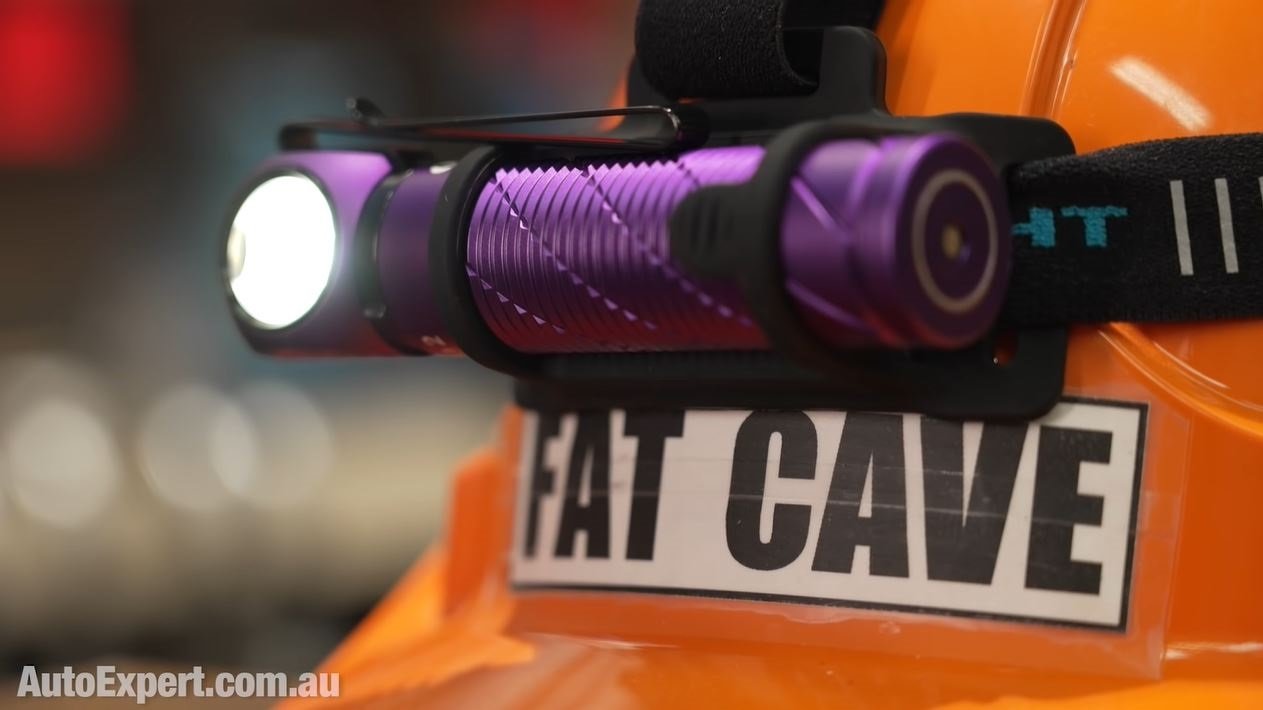
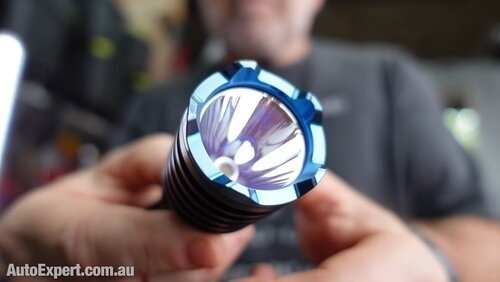
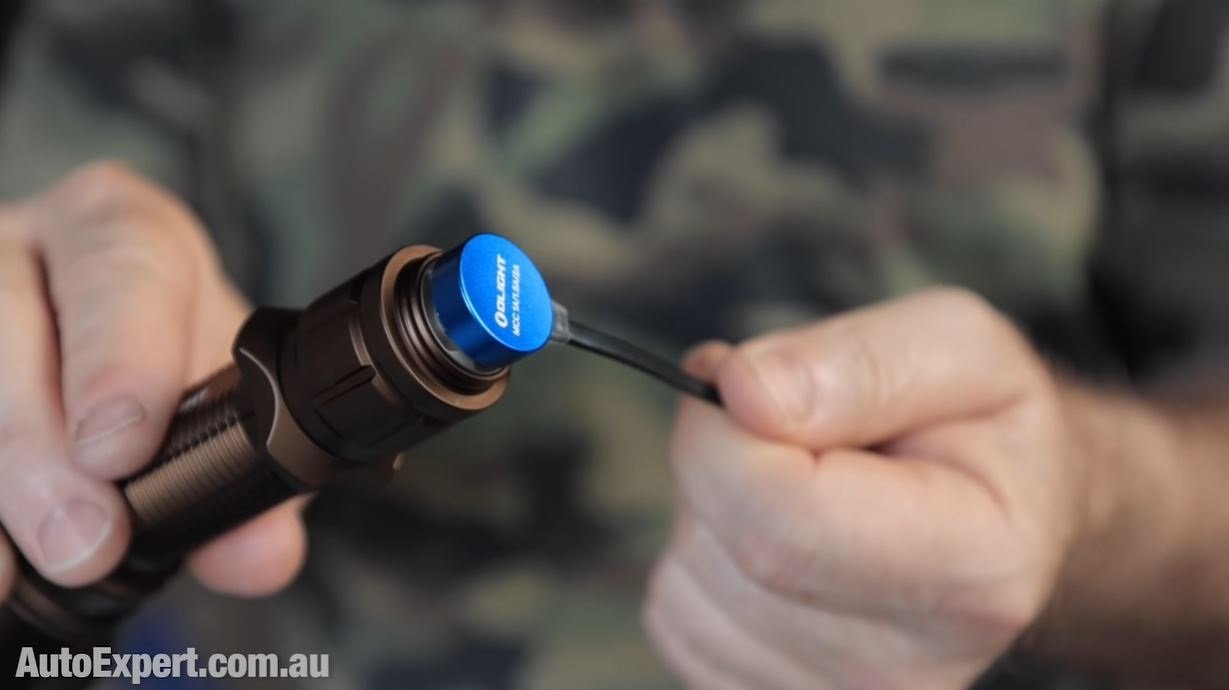
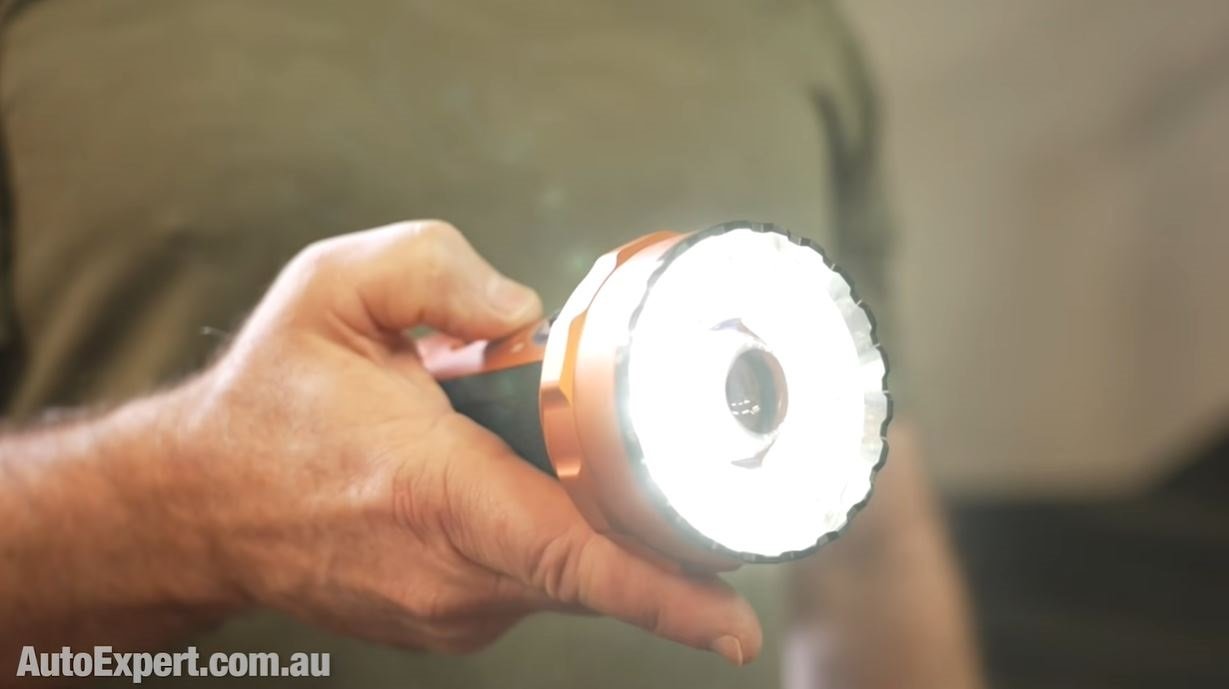


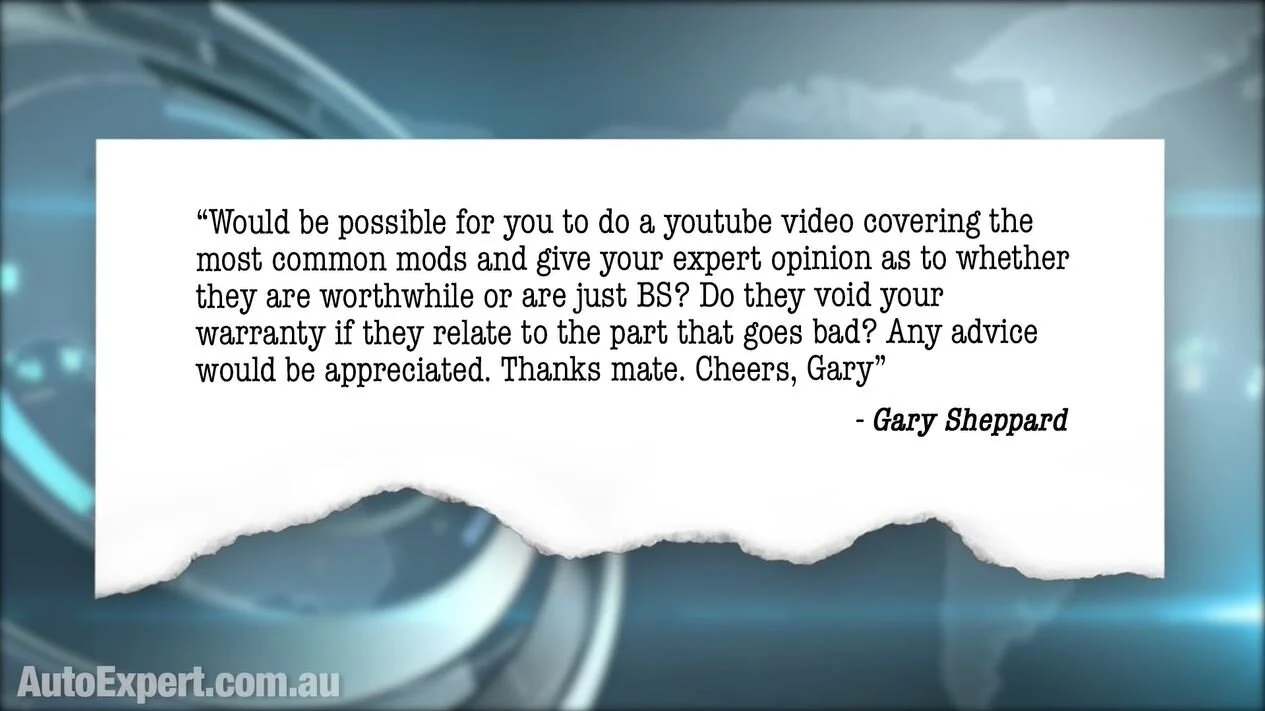


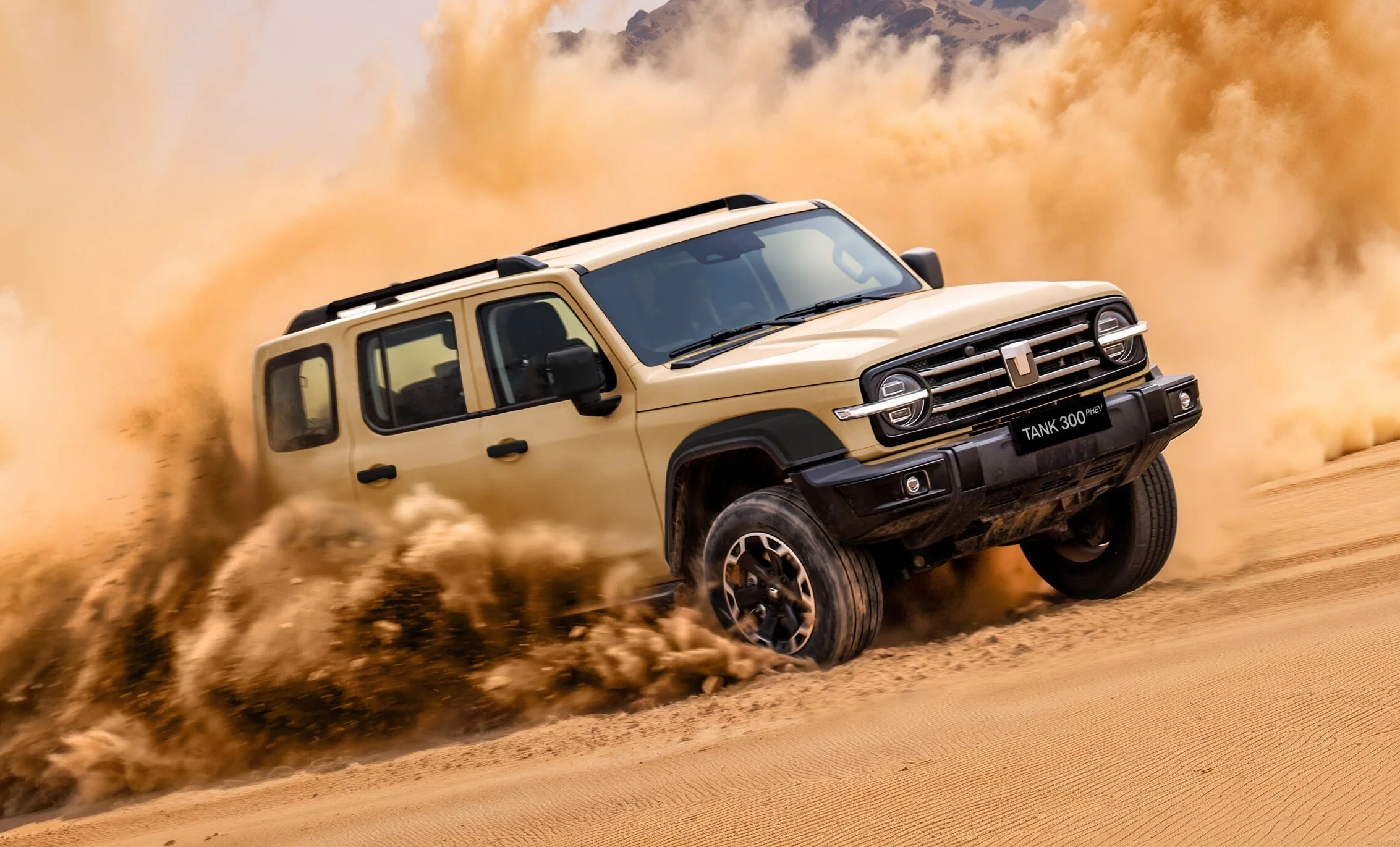


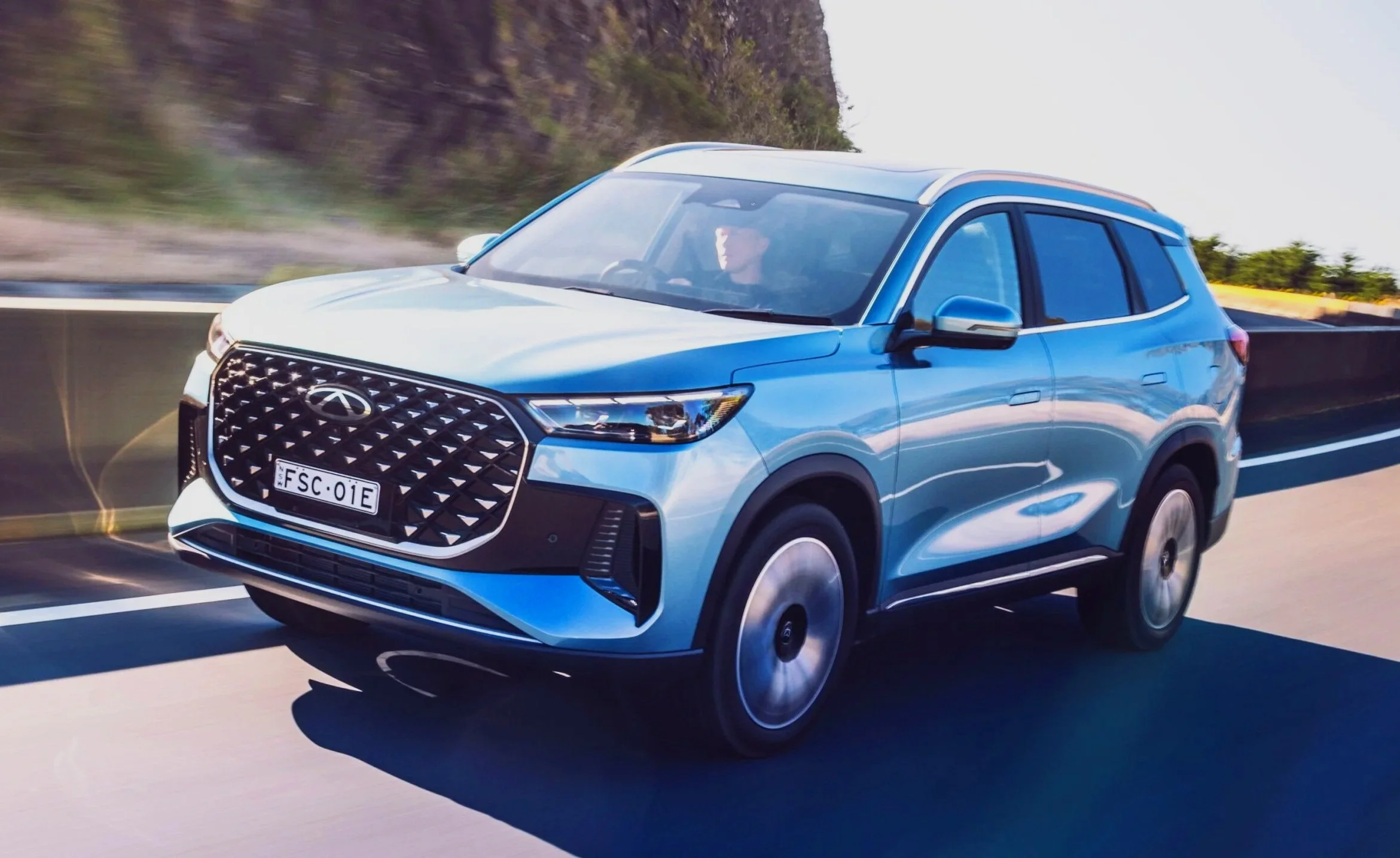
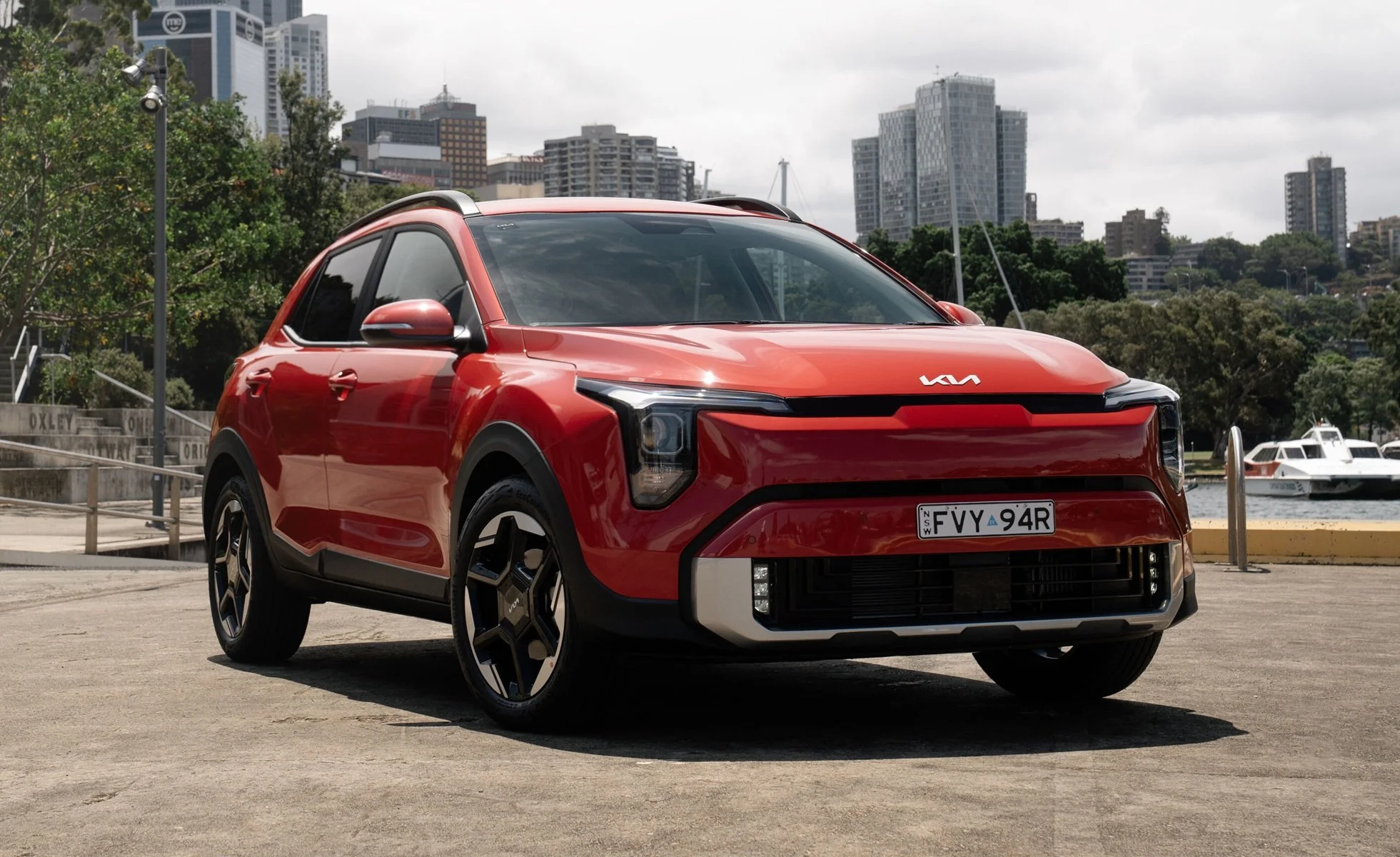
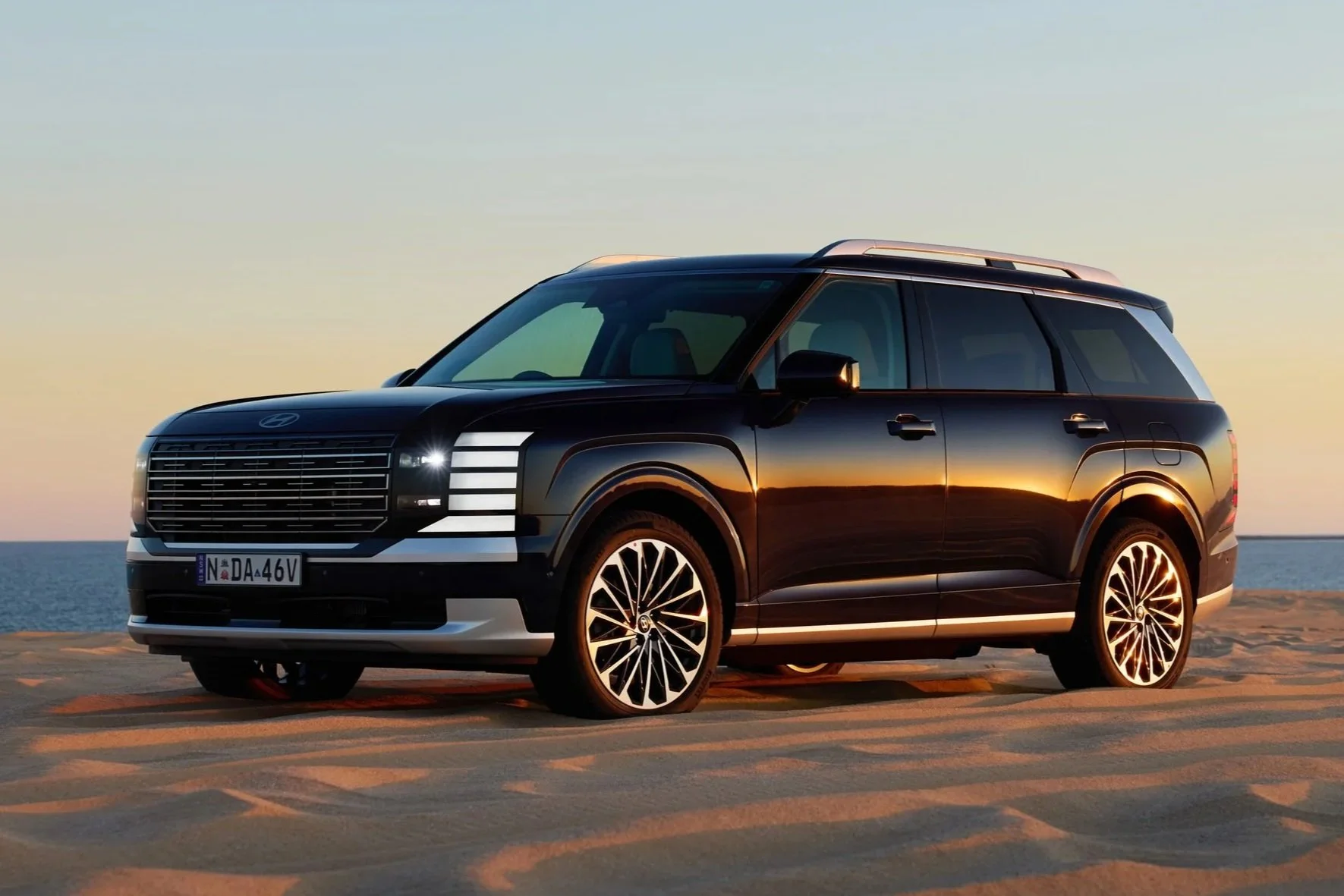
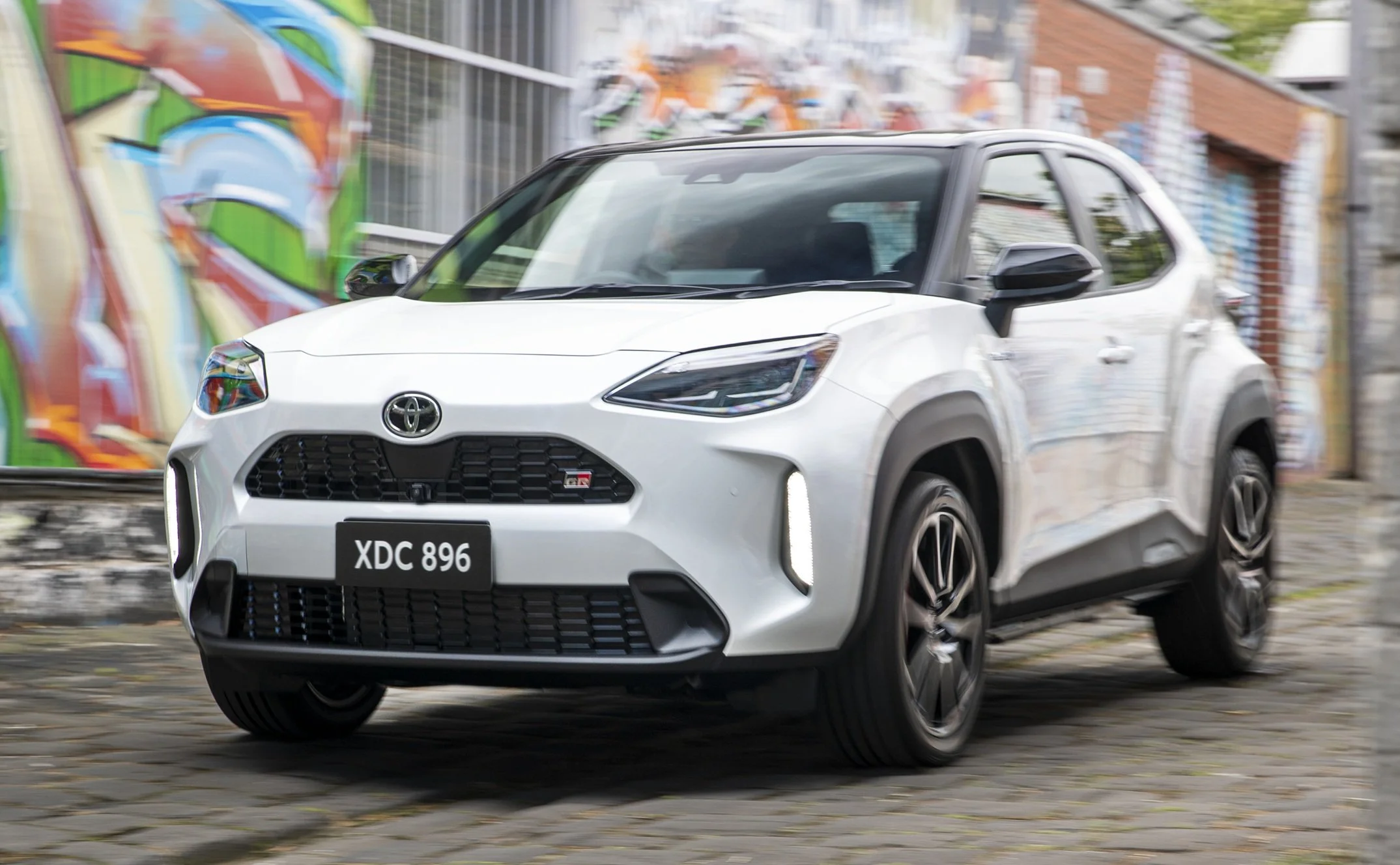


Just because a ute is cheap, that doesn’t mean it’s worth the money. Is the GWM Cannon more than just a cut-price Ranger wannabe? Can it offer towing, off-roading capability and robust design to compete with the big brand dual-cab utes like Hilux and Triton?